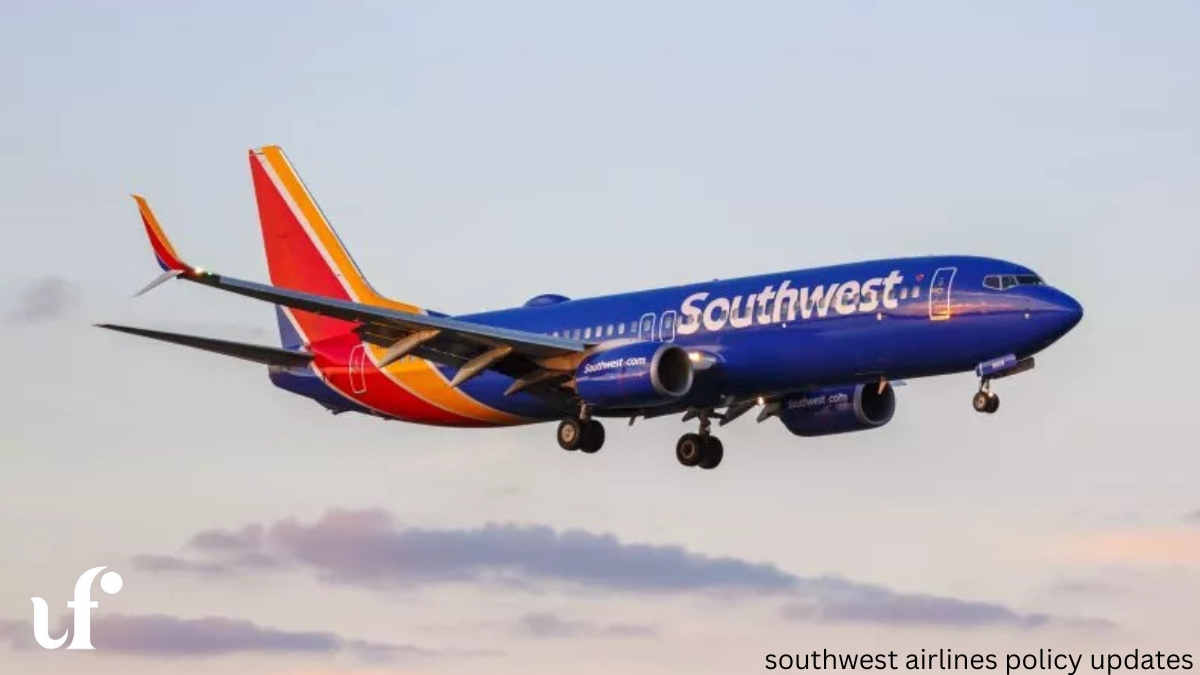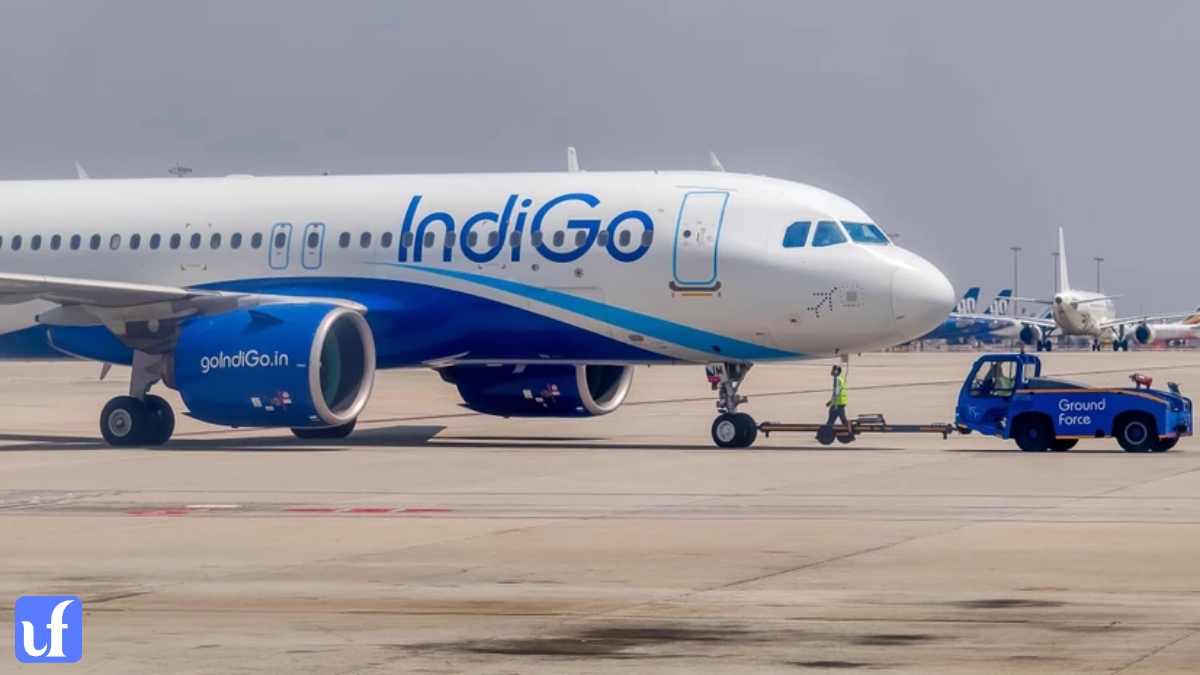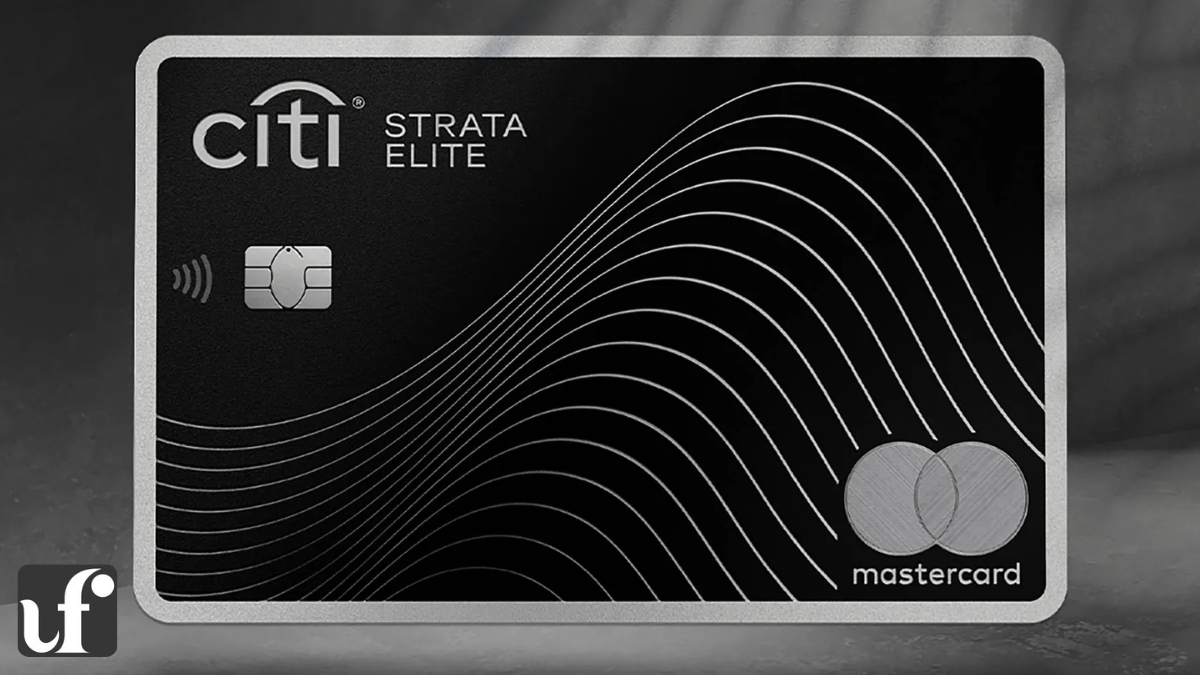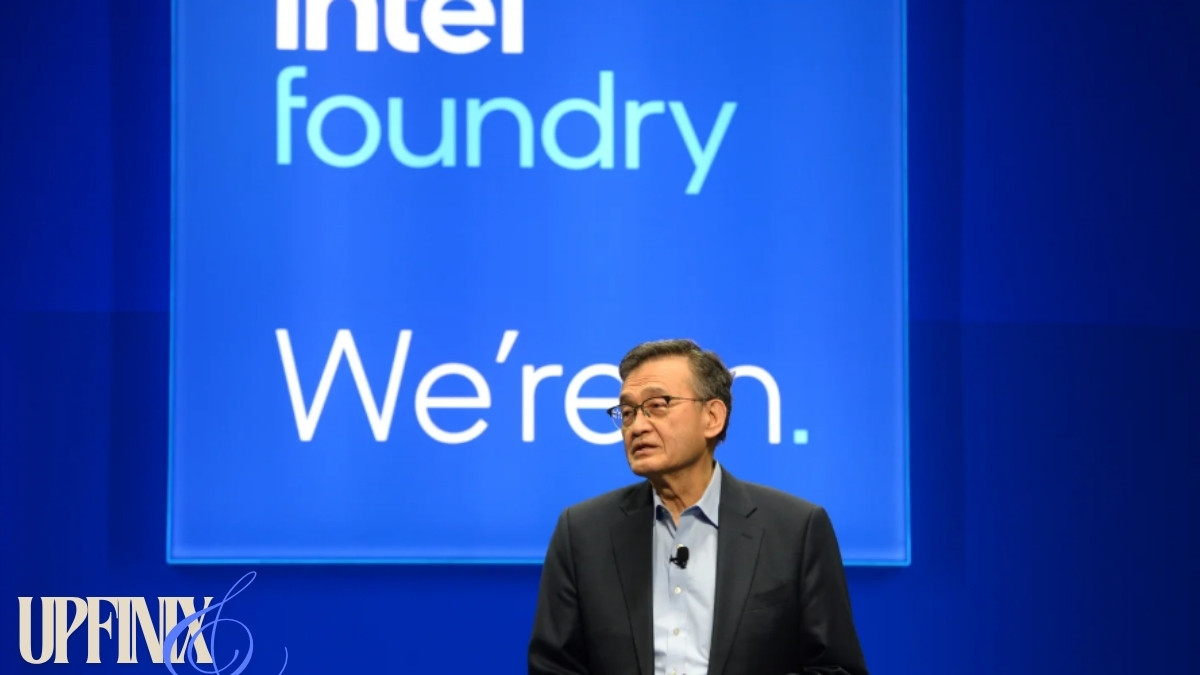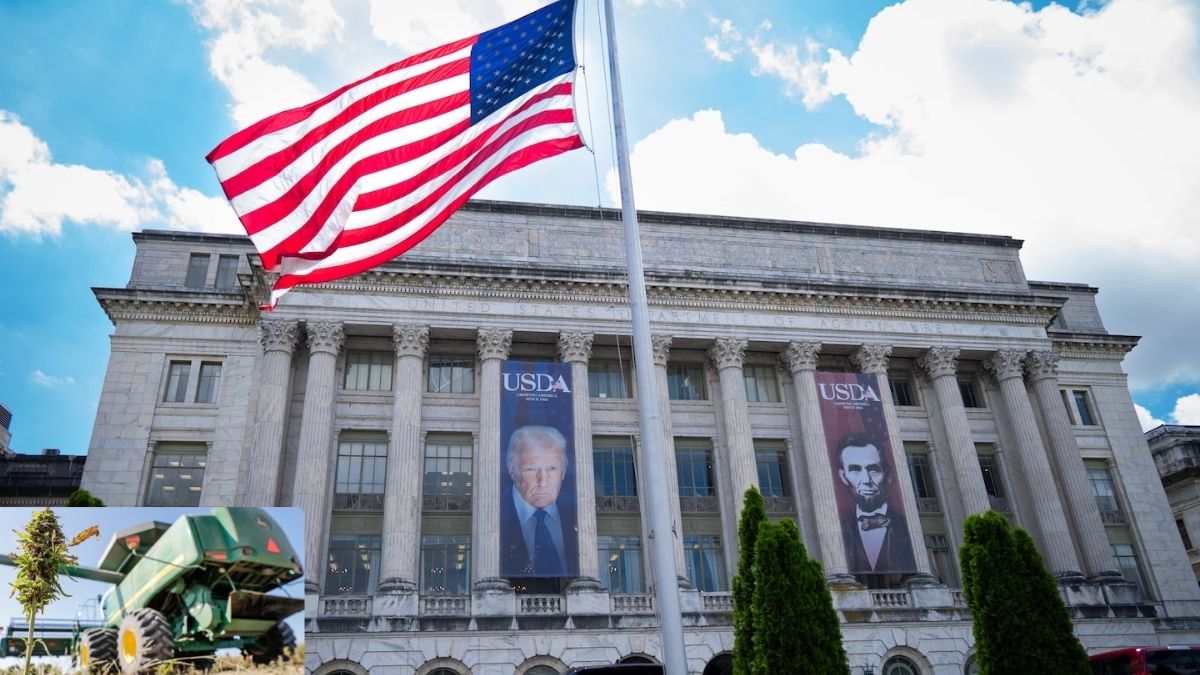Traveling with Southwest Airlines has long been synonymous with flexibility, affordability, and customer-friendly policies like free checked bags and open seating. However, 2025 marks a transformative year for the airline, with significant Southwest Airlines policy updates reshaping how passengers book, board, and travel. These changes, driven by evolving customer preferences and financial pressures, have sparked both excitement and concern among loyal flyers. Whether you’re a frequent Southwest traveler or planning your next trip, understanding these updates is crucial to making informed decisions and maximizing your travel experience.
In this comprehensive guide, we’ll break down the Southwest Airlines policy updates for 2025, explore their implications, and provide actionable insights to help you navigate the changes. From baggage fees to assigned seating, fare restructuring, and more, we’ll cover everything you need to know to stay ahead of the curve. Let’s dive into what’s new and how it affects you.
Table of Contents
Major Southwest Airlines Policy Updates in 2025
Southwest Airlines, a staple in the U.S. aviation industry since 1971, is undergoing a major overhaul to align with modern traveler expectations and boost profitability. These changes, announced throughout 2024 and early 2025, began rolling out on May 28, 2025, with additional updates planned for later in the year. Below, we outline the key Southwest Airlines policy updates and their impact on travelers.
End of the “Bags Fly Free” Policy
For nearly six decades, Southwest’s “Bags Fly Free” policy allowed all passengers to check two bags at no additional cost, setting it apart from competitors like Delta, American, and United Airlines. However, starting May 28, 2025, this iconic perk is no longer universal. Here’s what’s changed:
- New Baggage Fees: Most passengers will now pay $35 for the first checked bag and $45 for the second, aligning Southwest with industry standards.
- Exceptions:
- Rapid Rewards A-List Preferred Members and Business Select passengers still receive two free checked bags.
- A-List Members and Rapid Rewards Credit Cardholders get one free checked bag, with cardholders’ benefits extending to up to eight companions on the same reservation.
- Hawaii Residents traveling inter-island continue to receive two free checked bags.
- Impact: Budget-conscious travelers may find Southwest less appealing, as competitors’ loyalty programs and fare structures become more cost-competitive for leisure trips. However, CEO Bob Jordan emphasizes that these changes offer “more choice,” allowing travelers to opt for lower fares with restrictions or pay for added benefits.
Why It Matters: The end of free checked bags could increase travel costs for families or those with heavy luggage. To mitigate this, consider joining the Rapid Rewards program or applying for a Southwest credit card to retain baggage benefits.
Introduction of Assigned Seating
Southwest’s open seating model, where passengers chose their seats upon boarding, was a hallmark of its brand. After 50 years, the airline is phasing out this policy in favor of assigned seating, with booking for assigned seats starting in Q3 2025 and flights operating in Q1 2026.
- New Seat Options:
- Standard Seats: Basic seating at the back of the cabin, assigned at check-in for Basic fare passengers.
- Preferred Seats: Standard legroom seats closer to the front, available for higher fare tiers.
- Extra Legroom Seats: Premium seats with up to five additional inches of legroom, located at the front or in exit rows, available for a fee or with certain fares.
- Implementation: The transition requires retrofitting Southwest’s fleet, so expect gradual rollout. Travelers can select seats at booking for higher fare classes like Choice, Choice Preferred, and Choice Extra.
- Customer Feedback: Research shows 80% of Southwest customers and 86% of potential customers prefer assigned seating, especially for longer flights. However, some loyalists lament the loss of the open seating’s flexibility.
Why It Matters: Assigned seating offers predictability, particularly for groups or those needing specific seats. However, it may reduce the spontaneity that some travelers loved. To secure preferred seats without extra costs, consider booking early or upgrading to a higher fare class.
New Fare Structure: Basic, Choice, and More
Southwest is replacing its traditional fare classes (Wanna Get Away, Wanna Get Away Plus, Anytime, and Business Select) with a new structure starting May 28, 2025. The updated fare bundles—Basic, Choice, Choice Preferred, and Choice Extra—offer varying levels of flexibility and benefits.
| Fare Type | Previous Equivalent | Key Features | Recommended For |
|---|---|---|---|
| Basic | Wanna Get Away | Nonrefundable, no changes allowed, credits expire in 6 months, 2x Rapid Rewards points per dollar | Budget travelers willing to accept restrictions |
| Choice | Wanna Get Away Plus | Standard seat selection, transferable flight credits, same-day changes, 6x points per dollar | Travelers needing moderate flexibility |
| Choice Preferred | Anytime | Preferred seat selection, refundable, same-day changes/standby, 10x points per dollar | Frequent flyers valuing perks |
| Choice Extra | Business Select | Extra legroom seat selection, two free checked bags, priority boarding, 14x points per dollar | Business travelers or those seeking premium options |
- Basic Fare Concerns: Universities and travel agencies, such as the University of Colorado and Stanford, discourage阴阳阳
- Impact: The Basic fare’s restrictions (no changes, short credit expiration) make it less appealing for business travelers, who may opt for Choice or higher tiers for flexibility.
- Rapid Rewards Changes: The program now rewards higher-spending travelers, with Basic fares earning 2x points (down from 6x), Choice earning 6x (down from 10x), and Choice Extra earning 14x (up from 12x).
Why It Matters: The new fare structure caters to diverse needs but reduces value for budget travelers. To maximize rewards, consider higher fare classes or a Rapid Rewards credit card for boosted points.
Read More: – Tesla Stock in 2025: Analysis, Trends, and Insights
Flight Credit Expiration Changes
Southwest’s no-expiration flight credit policy, a customer favorite, is also changing:
- Pre-May 28, 2025 Credits: No expiration, retaining full flexibility.
- Post-May 28, 2025 Credits:
- Transferable Credits: Available for Choice and higher fares, allowing credits to be passed to another traveler.
Why It Matters: The expiration policy reduces flexibility for last-minute cancellations. Book flights before May 28, 2025, to retain non-expiring credits, or opt for higher fares for longer validity.
Portable Charger Safety Rule
Starting May 28, 2025, Southwest requires passengers to keep portable charging devices visible while in use, prohibiting charging in bags or overhead bins due to lithium-ion battery fire risks.
- Reason: The FAA reported 19 incidents involving portable chargers in 2025, highlighting safety concerns.
- Impact: This minor inconvenience enhances safety but may require passengers to adjust their in-flight habits.
Why It Matters: Ensure your charger is accessible during flights to comply with this rule. Consider investing in a high-quality, FAA-compliant power bank.
Additional Enhancements
Southwest is introducing several customer-focused updates:
- Global Partnerships: Partnerships with Icelandair and China Airlines expand international connectivity through gateways like Baltimore/Washington (BWI) and Los Angeles (LAX).
- Getaways by Southwest: A new vacation package program with hotel brands like Caesars Entertainment and Playa Hotels.
- Redeye Flights: Overnight flights began in February 2025, increasing scheduling flexibility.
- Cabin Modernization: New seat designs and refreshed employee uniforms enhance the in-flight experience.
Why It Matters: These updates broaden Southwest’s appeal, particularly for international and business travelers, while maintaining its hospitality-driven ethos.
Real-World Example: How the Updates Affect a Family Vacation
Consider the Smith family, planning a trip from Chicago to Orlando in June 2025. Previously, they relied on Southwest’s free checked bags and open seating to keep costs low and seating flexible. Here’s how the 2025 updates change their experience:
- Baggage Costs: Without loyalty status or a Southwest credit card, they’ll pay $35 per first bag and $45 per second bag for each family member. For a family of four, this could add $320 round-trip for two bags each.
- Fare Choice: They opt for Basic fares to save money but lose the ability to change flights without upgrading. Their flight credits, if canceled, expire in 6 months, requiring careful planning.
- Seating: With Basic fares, seats are assigned at check-in, potentially separating the family unless they pay for Preferred or Extra Legroom seats.
- Workaround: The family applies for a Southwest Rapid Rewards credit card, earning one free checked bag each and 10,000 Companion Pass qualifying points annually, reducing costs and enhancing flexibility.
Takeaway: The Smiths’ experience highlights the importance of understanding fare restrictions and leveraging loyalty benefits to mitigate new costs.
Pros and Cons of Southwest’s 2025 Policy Updates
| Pros | Cons |
|---|---|
| Assigned seating offers predictability, especially for groups and long flights. | End of free checked bags increases costs for budget travelers. |
| New fare structure provides options for flexibility and premium perks. | Basic fare restrictions (no changes, 6-month credit expiration) limit flexibility. |
| Enhanced Rapid Rewards benefits reward loyal customers. | Reduced Rapid Rewards points for lower fares (2x for Basic). |
| Global partnerships and redeye flights expand travel options. | Loss of open seating may disappoint loyalists who valued flexibility. |
| Safety-focused portable charger rule enhances in-flight security. | Additional fees for Preferred/Extra Legroom seats add complexity. |
Also Read: – Understanding the Luigi Mangione Manifesto: A Deep Dive
What’s New in 2025: Southwest’s Transformation Journey
Southwest’s 2025 updates are part of a broader strategy to modernize operations and compete with major airlines like Delta and United. CEO Bob Jordan emphasizes that these changes balance customer choice with profitability, projecting an additional $4 billion in revenue. Key trends include:
- Premium Offerings: Extra legroom seats and higher-earning fare classes cater to business travelers.
- International Expansion: Partnerships with Icelandair and China Airlines signal Southwest’s entry into global markets.
- Operational Efficiency: Redeye flights and a 98.3% on-time performance rate reflect Southwest’s focus on reliability.
These updates position Southwest as a hybrid between its low-cost roots and a full-service carrier, appealing to a wider audience while retaining its hospitality-driven identity.
FAQs: Your Questions About Southwest Airlines Policy Updates Answered
FAQ 1: What Are the New Southwest Baggage Fees Starting May 28, 2025?
Starting May 28, 2025, Southwest Airlines will charge $35 for the first checked bag and $45 for the second for most passengers, ending its iconic “Bags Fly Free” policy. Exceptions include Rapid Rewards A-List Preferred Members and Business Select passengers, who receive two free checked bags, and A-List Members and Rapid Rewards Credit Cardholders, who get one free checked bag. Hawaii residents traveling inter-island also retain two free bags. These fees align with industry standards, as competitors like Delta and American charge similar amounts. To avoid fees, consider joining the Rapid Rewards program or applying for a Southwest credit card, which extends baggage benefits to up to eight companions. Always check weight and size limits to avoid additional charges.
FAQ 2: How Does Southwest’s Assigned Seating Work?
Southwest is phasing out its open seating policy, with assigned seating starting in Q3 2025 for travel in Q1 2026. Passengers can choose from Standard Seats (assigned at check-in for Basic fares), Preferred Seats (standard legroom, front of the cabin), and Extra Legroom Seats (up to five extra inches, available for a fee or with higher fares like Choice Extra). The transition responds to customer demand, with 80% of Southwest travelers preferring assigned seats. However, Basic fare passengers cannot select seats at booking, which may lead to less desirable seating. To secure better seats, book early, opt for a higher fare class, or leverage Rapid Rewards status.
FAQ 3: What Are the New Southwest Fare Classes?
Southwest’s new fare structure, effective May 28, 2025, includes Basic, Choice, Choice Preferred, and Choice Extra. Basic replaces Wanna Get Away and offers low-cost, restrictive tickets with 2x Rapid Rewards points. Choice (Wanna Get Away Plus) includes Standard seat selection and 6x points. Choice Preferred (Anytime) offers Preferred seats and 10x points, while Choice Extra (Business Select) provides Extra Legroom seats, two free checked bags, and 14x points. Basic fares are nonrefundable and non-changeable, with 6-month credit expiration, while higher fares offer more flexibility. Universities discourage Basic fares for business travel due to restrictions. Choose a fare based on your need for flexibility and rewards.
FAQ 4: How Do the Flight Credit Changes Affect My Travel Plans?
Flight credits booked or changed on or after May 28, 2025, will expire: 6 months for Basic fares and 12 months for Choice, Choice Preferred, and Choice Extra fares. Credits issued before May 28, 2025, remain non-expiring. Transferable credits are available for Choice and higher fares, allowing you to pass credits to another traveler. This change reduces flexibility for last-minute cancellations, so plan trips carefully or book before May 28 to retain non-expiring credits. Higher fare classes offer longer validity and transferability, ideal for frequent travelers. Check Southwest’s website for specific credit terms before booking.
FAQ 5: What Is the New Portable Charger Rule?
As of May 28, 2025, Southwest requires portable charging devices to be visible while in use, prohibiting charging in bags or overhead bins due to lithium-ion battery fire risks. The FAA reported 19 incidents in 2025, making this a critical safety measure. Passengers must keep chargers accessible, such as in seat pockets, during flights. This rule aligns with some international carriers but is new for U.S. airlines. To comply, use FAA-approved power banks and ensure they’re easily accessible. Non-compliance may result in crew intervention, so familiarize yourself with the policy before flying.
FAQ 6: How Can I Maximize Value Under the New Policies?
To maximize value, join the Rapid Rewards program to earn points and access baggage benefits. Apply for a Southwest Rapid Rewards credit card for one free checked bag, up to eight companions, and 10,000 Companion Pass points annually. Book higher fare classes like Choice or Choice Extra for flexibility, better seats, and more points. For assigned seating, book early or upgrade to Preferred or Extra Legroom seats. Check Southwest’s website for fare details and consider vacation packages through Getaways by Southwest for added value. Monitor promotions and book before May 28, 2025, for non-expiring credits.
Conclusion: Stay Informed and Travel Smart
The Southwest Airlines policy updates for 2025 mark a significant shift from the airline’s traditional model, introducing baggage fees, assigned seating, a new fare structure, and more. While these changes offer greater choice and align Southwest with industry trends, they may increase costs and reduce flexibility for budget travelers. By understanding the new policies, leveraging loyalty programs, and choosing the right fare class, you can continue to enjoy Southwest’s hospitality-driven experience while minimizing costs.
Stay ahead by visiting Southwest’s official website for the latest details and booking options. Have questions or tips about navigating these changes? Share your thoughts in the comments below or sign up for our travel newsletter for more updates!
